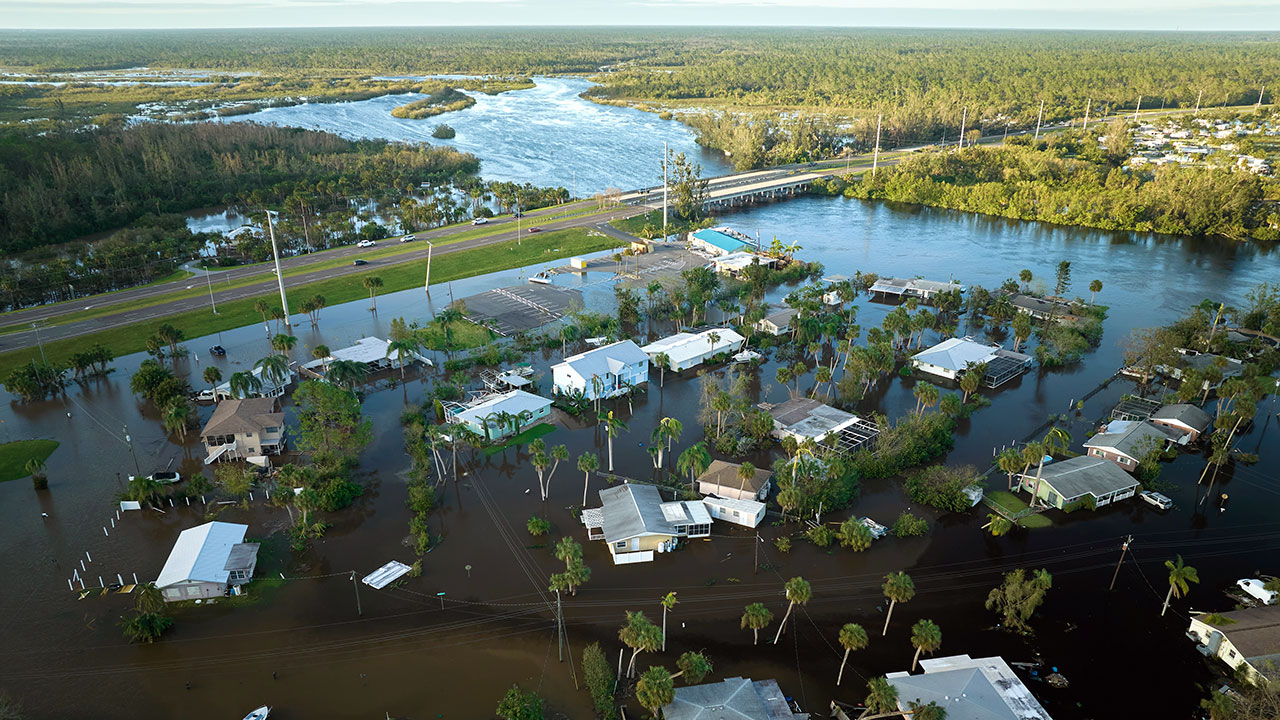
Learn how Tetra Tech is Leading with Science® to help our clients navigate the challenges of federal funding regulations and manage large, complex rebuilding programs.
Natural disasters such as hurricanes, earthquakes, and wildfires can have a devastating impact on the infrastructure of a community. The recovery process can be long and costly. Programs such as the Housing and Urban Development (HUD) Community Development Block Grant Disaster Recovery (CDBG-DR) program focus on long-term recovery efforts and provide crucial funding to rebuild disaster-impacted areas.
Following a federally declared disaster, grantees (usually states) are allocated funding based on their CDBG-DR action plans, their need for specific projects, and number of homes in need. Funding is flexible and can be used for restoring damaged homes and infrastructure, new construction, homeowner buyouts, or economic revitalization. The grantee’s role includes designing and implementing the recovery and infrastructure rebuilding programs and monitoring subrecipients, which are typically local governments. As with any complex project, standard operating procedures and efficient program management practices are key. Tetra Tech implements refined operating procedures and program management best practices, backed by our RecoveryTrac® technology solution, to overcome common challenges.
Challenge 1: Meeting complex documentation and data management requirements
Solution: Grantees need tools to manage extensive and complex documentation and data to meet federal requirements.
The essential tools include having systems of organization in place, using a consistent naming convention, and time-stamping documents. Tetra Tech’s RecoveryTrac technology applications make these tasks easy for our clients. This system stores data in a centralized location, enabling users to see the most up-to-date documents and track when they were last updated. Damage assessments, hazardous material, and other reports may be refined three to five times before they go out for construction procurement, so it is imperative that the most up-to-date documents are recorded.
HUD monitors grantees to ensure that programs are performing well and compliance protocols are met. Tetra Tech establishes internal controls and quality assistance/quality assurance to reduce risk. Our RecoveryTrac system was created with federally funded program requirements in mind to document necessary information and provide real-time data and project reporting, even after project closeout.
Challenge 2: Defining and maintaining clear roles and responsibilities for multiple stakeholders
Solution: Consistent communication and program transparency are key to understanding and managing program needs and multiple stakeholder expectations. Tetra Tech begins with a program kickoff meeting to mutually establish the end goal and timelines. Rebuilding programs are complex and involve multiple projects at varying stages of development, requiring coordination between stakeholders and multiple subcontractors. In addition to daily meetings, our project team provides weekly pipeline reports from our RecoveryTrac system. The system provides budget data and the status of each concurrent project and reports how many residents have been served and how many are in need. Data-driven meetings and clear communication channels help the projects stay on task.
The biggest challenges of a rebuilding program stem from its complexity. Tetra Tech has delivered many large-scale programs using our extensive knowledge in developing standard operating procedures and guidelines to stay on task. We provide a group of diverse subject matter experts with deep experience in disaster recovery and implementing technology solutions that are built and refined for large-scale projects.